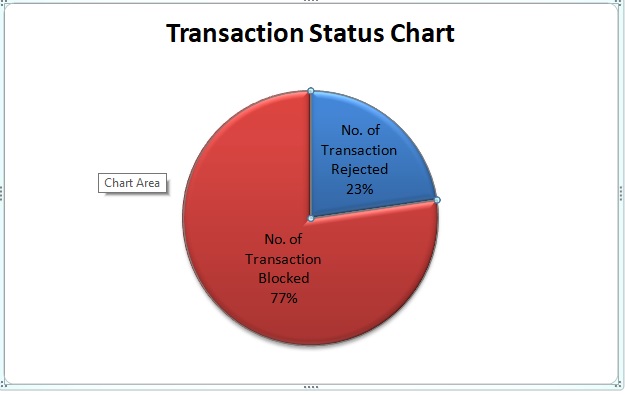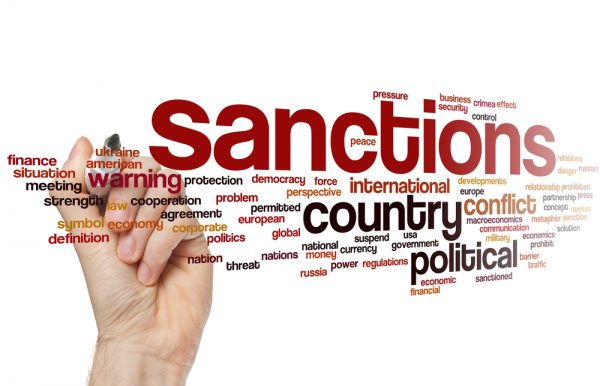Enhancing Effectiveness of Sanctions Screening Programs
Background of Study
The aim of the study was to analyze the tendency of use of conventional and non- conventional banking channels by the proscribed individuals, and the effectiveness of sanctions screenings by the banking sector to choke -out terrorism and/or terrorism financing related activities. To fulfill this objective the strategic analysis was carried out based on six hundred sixteen (616) suspicious transactions reports raised by the banks mainly on the reason of listing of various individuals on Schedule-IV of Anti-Terrorism Act, 1997. The key findings derived from this study are laid below:
Analysis & Findings
During the analysis of these suspicious transaction reports it has been noticed that:
- The individuals listed on Schedule-IV have attempted conventional banking for the receipt of remittances as walk- in customers.
- They have also attempted the services of branchless banking by maintaining mobile wallet accounts for the receipts/ payments of funds.
The break- up of status of the transactions made/ attempted by the individuals involved in these reports is given in chart below:

During analysis of these suspicious transaction reports, it was noticed that 77 % of the transactions/accounts related to Schedule-IV individuals were blocked, and 23% were rejected (where services were denied) by the banks. The above transaction status chart reflects the continuous improvements in effectiveness of the sanction screening programs applied by the banks in Pakistan.
The above percentages also show the level of collaborative efforts made through compliance forums and joint awareness sessions across the country by the relevant stakeholders such as FMU, SBP, SECP, NACTA, Law Enforcement Agencies and reporting entities to fight against money laundering and terrorism financing.
Conclusion & Recommendations
There is no single compliance program suitable for every financial institution (FIs), however, a common thing for FIs is the formation of a Sanctions Compliance Program (SCP), as a part of the anti-money laundering and financing of terrorism (AML/CFT) policies. While, designing of Sanctions Compliance Program (SCP), FIs can consider following key pillars for effective SCP.
- Policies & Procedures
Clear policy and procedures set the right tone for the organization. It is important for the policy to be easy to understand and provide clear guidance to different units and individuals within the organization.
- Country Supplements/ Addendums
It is important to take into account the difference between local regulations and business nature and supplement/ addendums to the policy and procedures as needed. Conflict of laws between local regulations versus headquarters’ policy need to be clearly addressed.
- Risk Assessment
Risk Assessment provides an overall view of the sanctions risk faced across the organization and helps to ensure that it is aligned to the organization’s appetite.
It helps to identify emerging risk and control deficiencies. Without an effective risk assessment, is like driving in the dark without headlights.
- Sanctions Leadership
Strong sanctions leadership will drive success. Clear division of roles and responsibilities will ensure the controls are effectively implemented, and issues are being escalated and dealt with promptly.
- Screening & Transaction Monitoring
Technology is becoming increasingly important in helping an organization to comply with sanctions regulations. Millions of transactions happen daily, effective screening and monitoring will help identify risky transactions efficiently.
- Training & Awareness
Trained personnel and organizational awareness of sanctions risk is one of the best defenses. Training should be updated from time to time and should be relevant to the function of the personnel.
- Audit & Assurance
Audit and Assurance should be regularly performed, both internally and through qualified external professionals.
Periodic health checks will help to ensure that controls are still effective and relevant.

